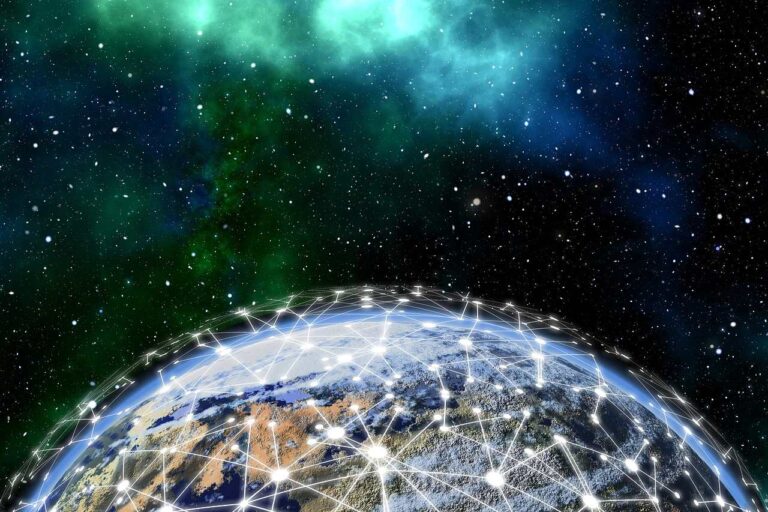Blockchain technology has been making waves in various industries since its inception in 2008. It has been hailed as a revolutionary technology that has the potential to disrupt various sectors, including finance, healthcare, and supply chain management.
However, blockchain technology can also be used for social good, as it has the potential to solve some of the world’s pressing social issues.
Table of Contents
10 ways blockchain can be used for social good
1. Increased clean energy
One way blockchain can be used for social good is by increasing the adoption of clean energy sources. Through the use of blockchain-based peer-to-peer (P2P) energy trading platforms, individuals and businesses can buy and sell excess renewable energy directly with one another.
This can help to increase the overall adoption of clean energy sources and reduce our reliance on fossil fuels.
2. Securing non-profit donations
Charitable organizations rely on donations to fund their various initiatives. However, the lack of transparency in the donation process often raises concerns about where the donated funds are going. Blockchain technology can be used to ensure that donations are secure and transparent.
By adopting this technology, charitable and non-profit organizations can ensure donations with blockchain, track them, and make sure they are being used for the intended purpose.
3. Funding sustainability initiatives
Sustainability is a key concern for many organizations and individuals, and blockchain technology can play a role in funding initiatives that promote environmental and social sustainability.
For example, blockchain-based crowdfunding platforms can allow individuals to directly fund sustainability projects, such as renewable energy or conservation efforts. By using smart contracts, these platforms can also ensure that the funds are used as intended and provide transparency in the funding process.
4. Protecting democracy
Democracy relies on free and fair elections, but the process of voting and tallying results can be vulnerable to fraud and manipulation.
Blockchain technology can help increase the voting process integrity by providing a secure and transparent record of votes. This can help ensure that every vote is counted and that the results accurately reflect the people’s will.
5. Financial inclusion
Financial inclusion is the idea that everyone should have access to financial services regardless of their background or circumstances. Blockchain technology can increase financial inclusion by providing a viable alternative to traditional financial institutions.
For example, blockchain-based microfinance platforms can allow individuals in underbanked communities to access loans and other financial services. In addition, blockchain-based remittance platforms can help to reduce the cost of sending money internationally, making it easier for individuals to access funds from loved ones abroad.
6. Improved pharmaceutical tracking
Ensuring the safety and efficacy of pharmaceuticals is important for public health. However, the supply chain for pharmaceuticals can be complex and prone to fraud. Blockchain technology can help to increase the transparency and integrity of the pharmaceutical supply chain by providing a secure record of transactions.
This can help reduce the risk of counterfeit drugs and ensure that patients receive the correct medication.
7. Reduced food contamination
Food safety is a critical concern for consumers, and outbreaks of foodborne illness can have serious consequences. Blockchain technology can help increase food product traceability and reduce the risk of contamination.
By providing a secure record of transactions throughout the supply chain, users can identify the source of any contamination and quickly remove affected products from circulation.
8. Humanitarian aid
Blockchain can streamline the distribution of humanitarian aid and ensure that it reaches those in need. By providing a transparent record of transactions, this technology may help reduce corruption and ensure that aid is used effectively.
9. Education
Blockchain can create decentralized education platforms that provide access to high-quality educational resources for individuals around the world. This can help to increase access to education and promote lifelong learning.
10. Healthcare
Lastly, it can improve the efficiency and security of healthcare systems by providing a secure record of medical records. This can help to reduce errors and improve patient outcomes.
The potential applications of blockchain for social good is far-reaching
Blockchain technology has the potential for social good in various ways. From increasing the adoption of clean energy and protecting democracy to improving pharmaceutical tracking, the potential applications of blockchain for social good are diverse and far-reaching.
While there are still challenges to overcome, this is a promising area of development.












